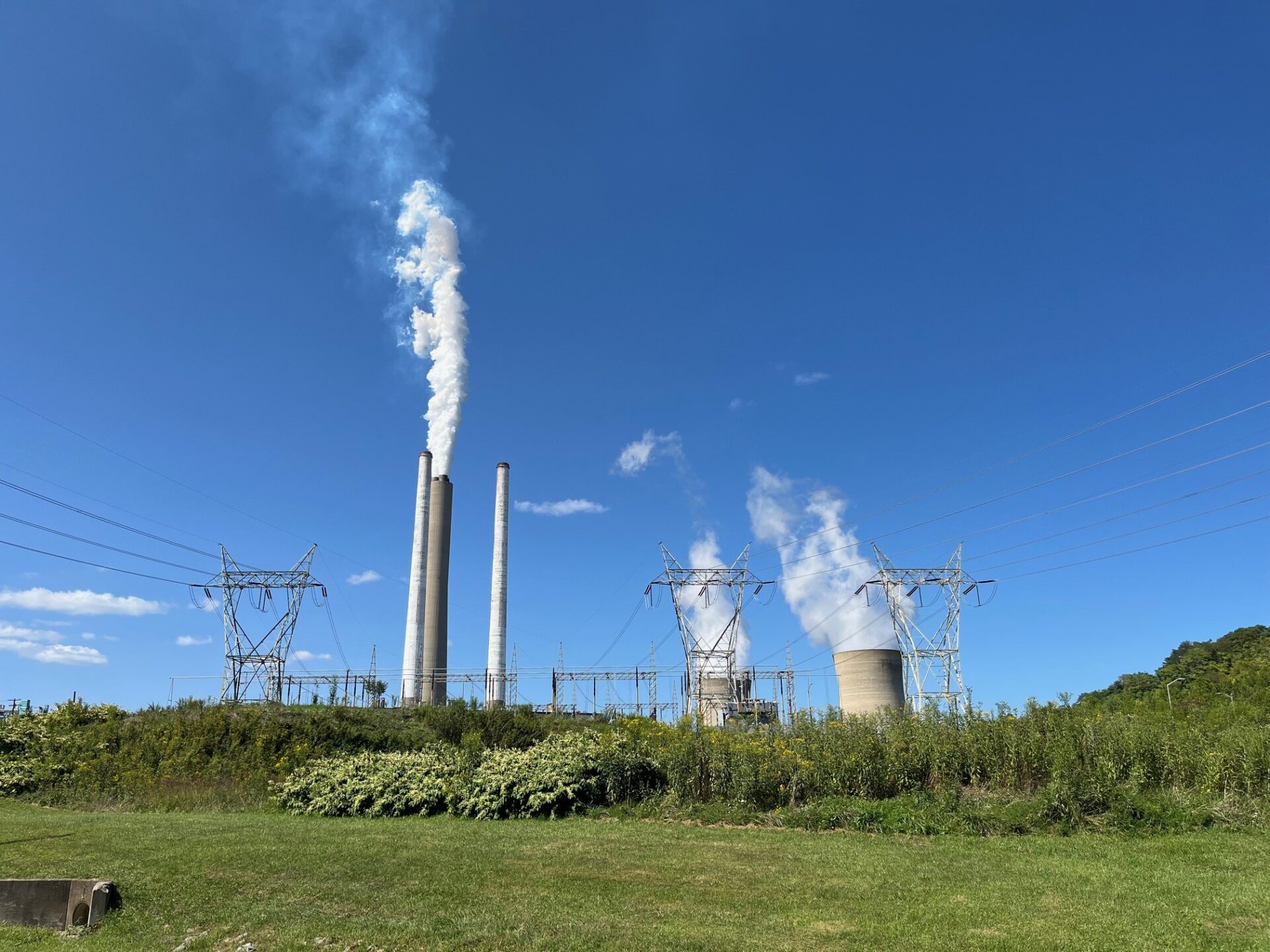The CEO of Mon Power parent First Energy said the company plans to replace its West Virginia coal plants with natural gas.
Mon Power’s Harrison and Fort Martin plants are scheduled to shut down between 2035 and 2040. To replace them, the company will construct 3 to 4 gigawatts of combined cycle natural gas plants, beginning in the next five years.
First Energy President and CEO Brian Tierney said in the company’s fourth quarter earnings presentation Thursday that the new plants would cost $4 billion to $6 billion.
“If we were to start building for that eventuality, I could see the spend for that coming in in years four and five of our plan today and continuing beyond the 2029 period,” he said.
Tierney said First Energy would submit the plan to the West Virginia Public Service Commission later this year.
The PSC would need to approve First Energy’s Integrated Resource Plan, its blueprint for the next several years.
West Virginia depends on coal for nearly 90% of its electricity, and state and local leaders have resisted moving away from it.
Surrounding states, especially Ohio, Pennsylvania and Virginia, have sharply pivoted to natural gas in the past 10 to 15 years.
American Electric Power, which provides electricity in southern West Virginia through its Appalachian Power subsidiary, has told state regulators it’s considering a full or partial conversion of its Amos and Mountaineer coal plants to gas.
In 2021, the PSC approved $448 million in environmental compliance upgrades to the Amos, Mountaineer and Mitchell plants to keep them in operation past 2028. No coal plant retirements are on the immediate horizon in West Virginia.
Harrison, which is in Harrison County, began operating in 1971. Fort Martin, which is in Monongalia County, began operating in 1967.
